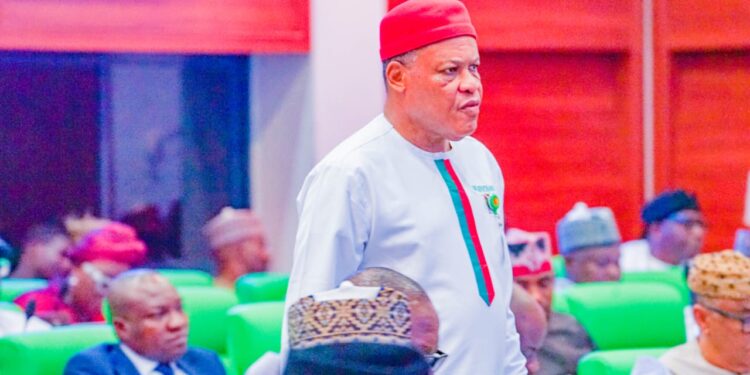Leadership is more than occupying an office or appearing at public events. It is a moral duty that requires courage, clarity, and responsibility especially during moments of crisis. When leaders fail to speak out in times of injustice, their silence becomes far more powerful than any statement they could have made. Silence, in such moments, is never neutral; it communicates approval, fear, or indifference. In societies where injustice expands when ignored, silent leadership becomes a willing accomplice rather than a defender of the people.
Across history, oppression has flourished most in places where leaders refused to confront it. Tyranny does not always begin with dramatic acts of violence; it often grows quietly as leaders look away, avoid confrontation, or choose personal comfort over moral duty. Each time a person in authority fails to condemn wrongdoing, they embolden those who perpetrate it. Silence becomes a shield that protects injustice and fosters its expansion.
True leadership demands bravery. Leaders shape the moral direction of communities and nations. When they speak truthfully especially when the truth is uncomfortable they set a tone that encourages integrity and accountability. But when they remain silent in the face of wrongdoing, they leave citizens exposed, confused, and vulnerable. A leader who withholds truth indirectly strengthens the influence of harmful actors.
Moreover, silence erodes public trust. People depend on leaders for transparency, assurance, and guidance. When leaders witness injustice but choose silence, citizens begin to question their motives and integrity. Trust is not sustained by authority alone; it is earned through actions that reflect responsibility and courage. In attempting to avoid conflict, a silent leader often creates deeper suspicion and weakens public confidence in governance.
In many cases, silence can be more damaging than openly taking the wrong stance. A flawed statement can be corrected, debated, or challenged. Silence, however, leaves intentions hidden and encourages harmful speculation. It enables injustice to spread quietly, as no authority stands to oppose it. Victims feel abandoned, while perpetrators take silence as permission to continue. A leader who cannot speak truth forfeits their moral legitimacy.
Breaking this cycle requires leaders to recognize the weight of their voice. Speaking up does not demand grand speeches; sometimes it begins with simply acknowledging the truth, condemning wrongdoing, or standing in solidarity with those who are oppressed. Silence may appear safe, but safety is not the essence of leadership. Leadership exists to defend, to guide, and to uplift and these duties cannot be fulfilled from the shadows.
ALSO READ: Nnamdi Kanu Moves to Supreme Court to Stop Terrorism Trial Citing Repealed Law [VIDEO]
Ultimately, the true test of leadership emerges during challenging moments. Leaders who choose truth, transparency, and courage strengthen the foundations of justice and fairness. Those who embrace silence empower the very forces that threaten societal harmony. A leader who speaks becomes a beacon of hope; a leader who stays silent becomes part of the injustice they avoid confronting.
The choice between truth and silence is more than a personal decision it is the defining measure of leadership itself.


